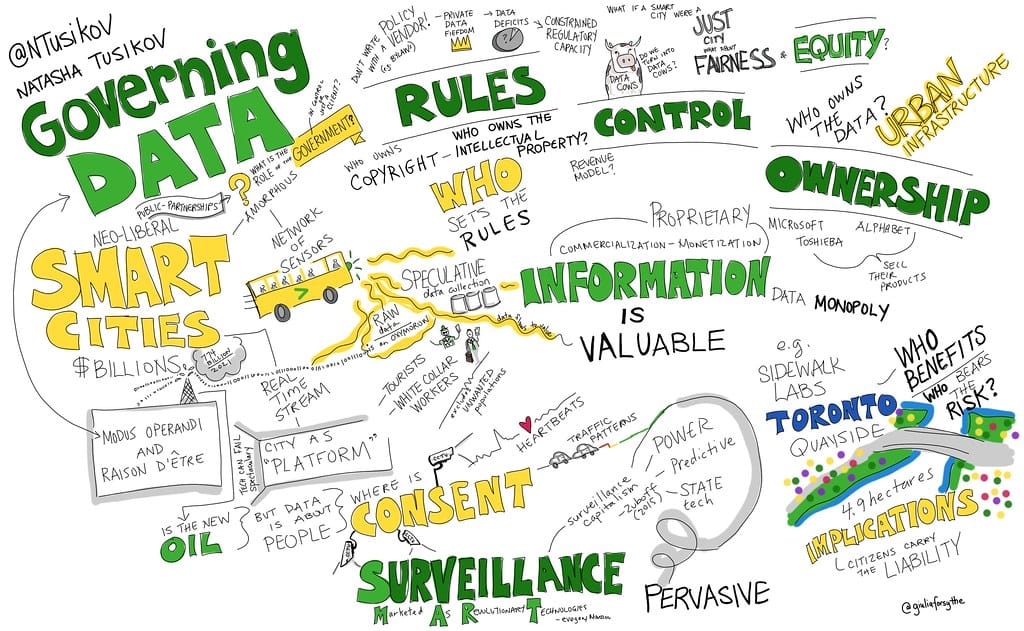Fintech Leaders Rally Against Banking "Data Tax" in Open Letter to Biden Administration
The battle lines are drawn in America's financial data war. A coalition of prominent fintech and cryptocurrency executives has penned an urgent letter to President Biden, demanding immediate action to prevent traditional banks from imposing what they're calling a "data tax" on digital financial services companies.
The letter, signed by CEOs from major players including Plaid, Stripe, and several crypto exchanges, warns that proposed bank fees for accessing customer financial data could stifle innovation and ultimately harm American consumers who rely on modern financial apps and services.
The Data Access Dilemma
At the heart of this controversy lies a fundamental question: who controls your financial data, and who profits from it?
Under current regulations, fintech companies access customer bank account information through screen scraping or partnerships with data aggregators like Plaid and Yodlee. This access enables everything from budgeting apps that track spending across multiple accounts to crypto platforms that verify bank balances for large transactions.
However, major banks are now pushing for the right to charge fees when fintech companies access this data through Application Programming Interfaces (APIs). Bank executives argue these fees would cover the costs of maintaining secure data connections and comply with evolving regulatory requirements.
Industry Leaders Push Back
The fintech coalition's letter argues that these proposed fees would create an unfair competitive advantage for traditional banks while imposing costs that would inevitably be passed on to consumers.
"Allowing banks to charge fees for data access would essentially create a toll booth on the information highway of modern finance," said one industry executive familiar with the letter's contents. "This isn't about covering costs – it's about protecting market share."
The timing is particularly significant as the Consumer Financial Protection Bureau (CFPB) works to finalize its Personal Financial Data Rights rule, which aims to standardize how financial data is shared across the industry. The rule, expected in early 2024, could reshape the entire landscape of financial data access.
What's at Stake for Consumers
The implications extend far beyond Silicon Valley boardrooms. Millions of Americans now rely on fintech applications for daily financial management:
- Personal Finance Apps: Services like Mint and YNAB help users track spending across multiple bank accounts
- Investment Platforms: Robinhood and similar apps need account verification for funding transactions
- Crypto Exchanges: Major platforms require bank connectivity for fiat currency deposits and withdrawals
- Small Business Tools: Services like QuickBooks integrate with bank accounts for automated bookkeeping
If banks successfully implement data access fees, the costs could force smaller fintech companies out of the market or require them to charge consumers directly for services that are currently free.
The Regulatory Tightrope
The Biden administration finds itself navigating competing interests. On one side, traditional banks argue they need revenue to offset the costs of providing secure data access and complying with increasingly complex regulations. On the other, fintech companies warn that fees would create barriers to innovation and financial inclusion.
Consumer advocacy groups have largely sided with the fintech industry, arguing that individuals should have free access to their own financial data regardless of where it's held.
The CFPB's upcoming rule could provide clarity, but industry observers expect legal challenges regardless of the final decision. Similar battles have played out in Europe, where open banking regulations have generally favored free data access while imposing strict security and compliance requirements.
Looking Ahead: Innovation vs. Control
This dispute reflects a broader tension in American finance between innovation and stability, between disruption and regulation. The outcome will likely influence not just how Americans manage their money, but which companies will shape the future of financial services.
For now, the fintech coalition is betting that political pressure and consumer advocacy will prevent banks from implementing widespread data fees. But with billions of dollars in potential revenue at stake, traditional financial institutions are unlikely to back down without a fight.
Key Takeaway: The resolution of this data access dispute will determine whether America's financial technology sector continues its rapid innovation or faces new barriers that could slow growth and increase costs for consumers. As regulators prepare their final rules, the stakes couldn't be higher for both the industry and the millions of Americans who depend on modern financial apps.

